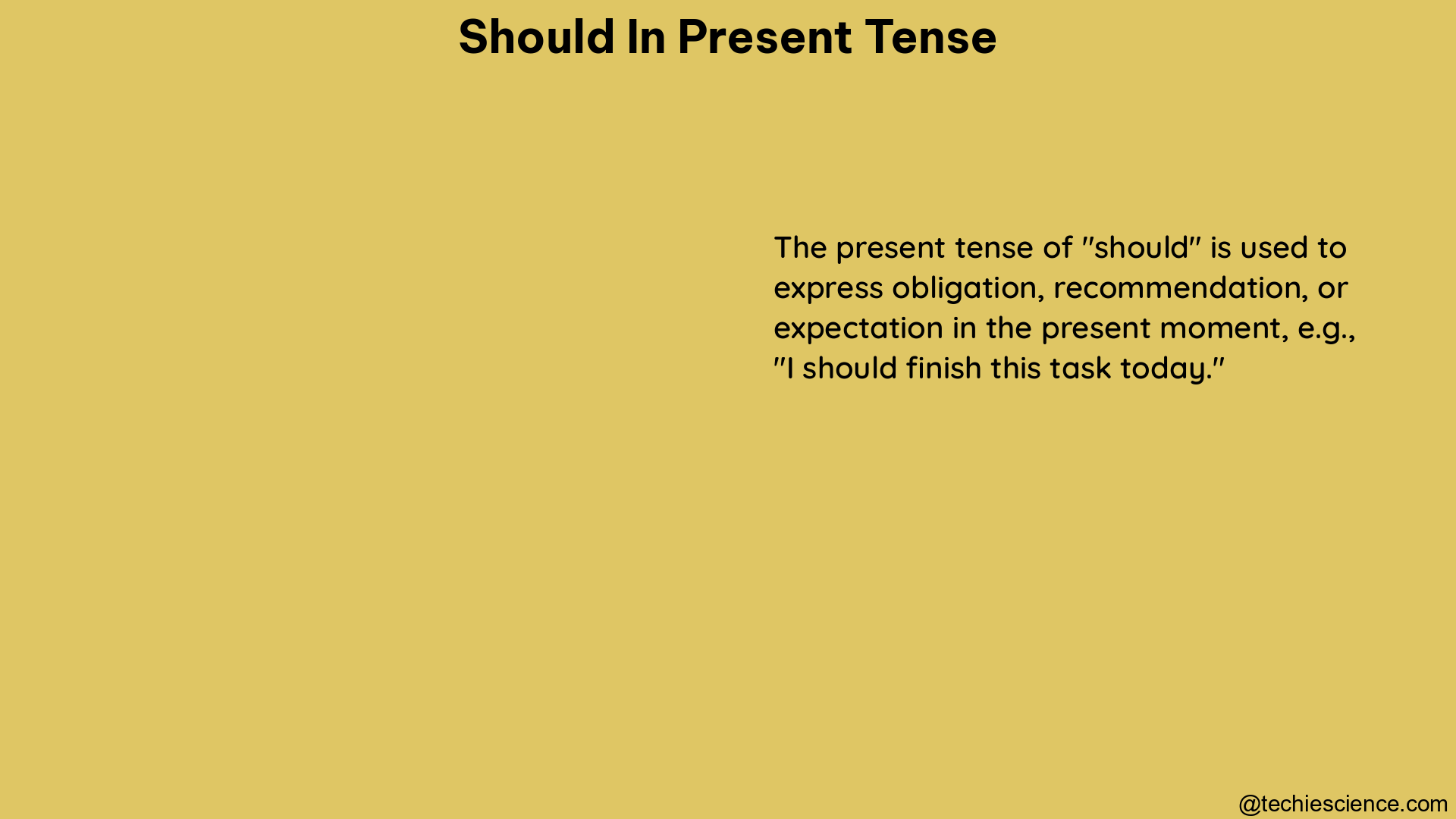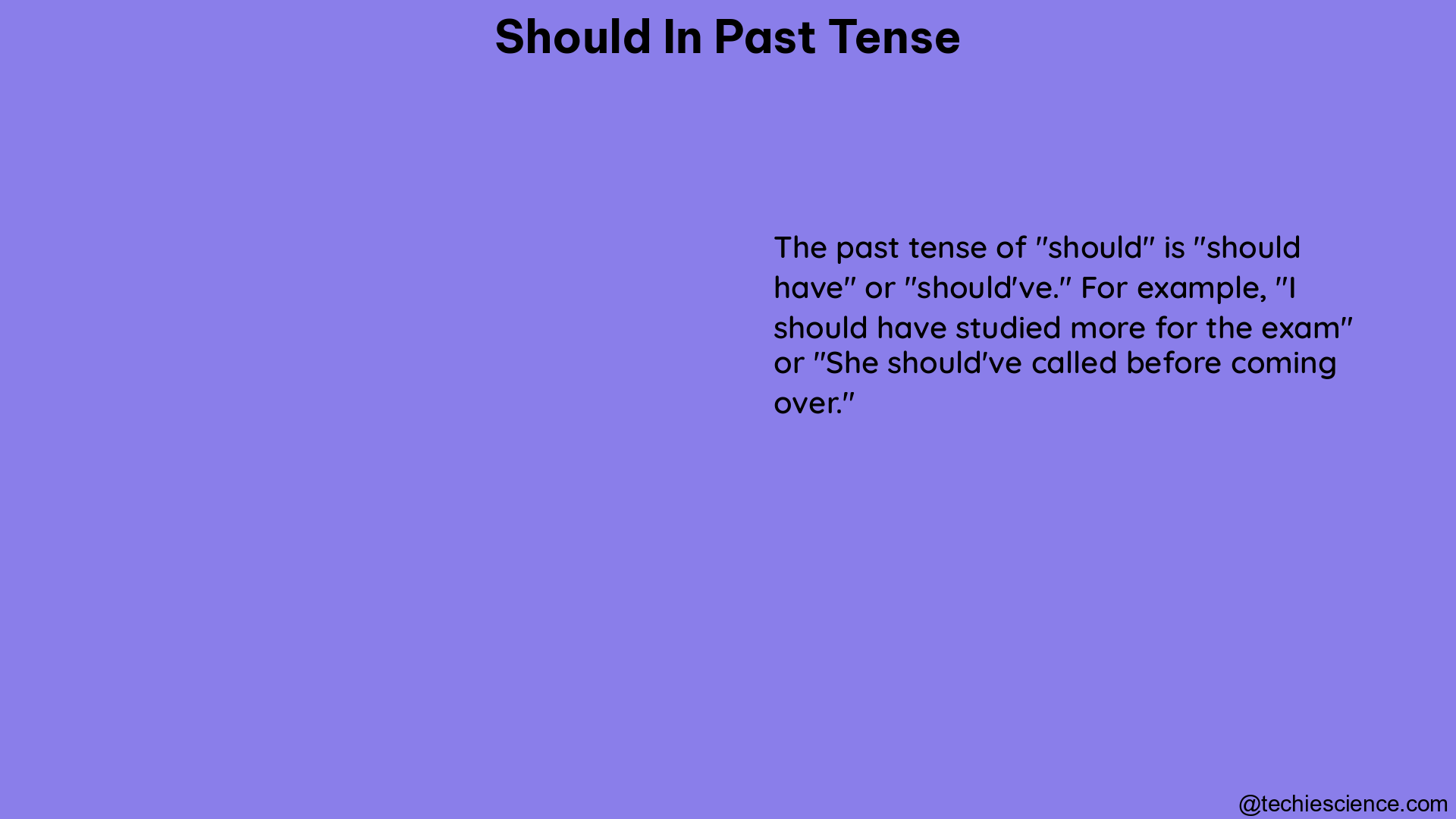5 Facts On Conjunction In Compound Sentence: When & Examples
We can not use any type of conjunction to connect two independent sentences to one compound sentence. Let us check the use of conjunctions to frame compound sentences. None other than the word “coordinating conjunction” should be used to frame one compound sentence by connecting two independent clauses. Let us see how we can use … Read more

